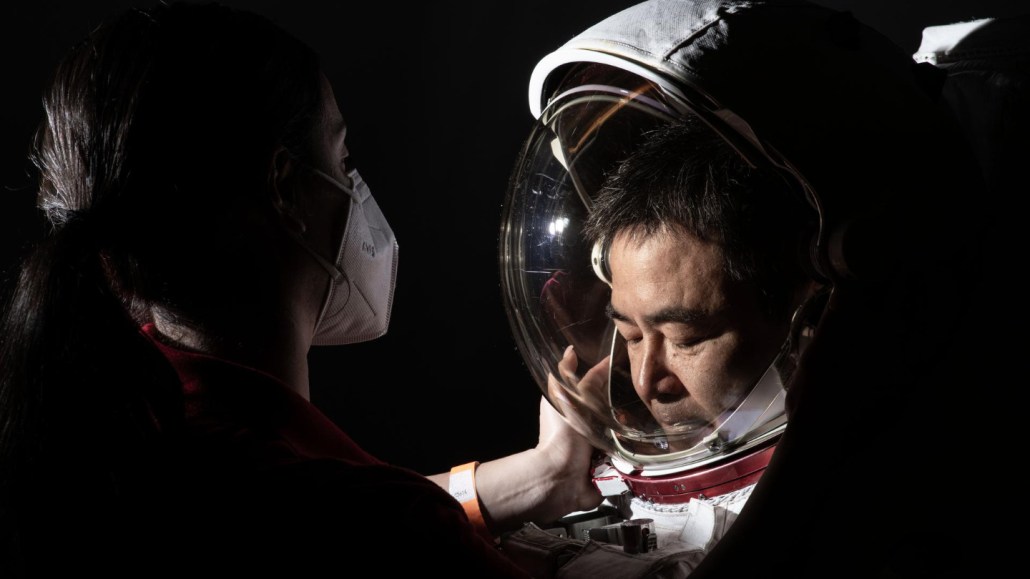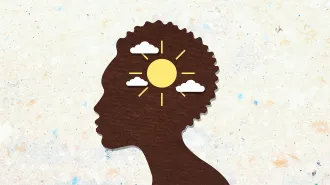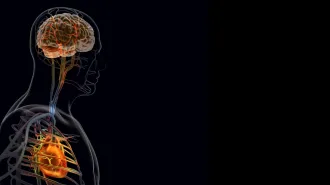Brain cavities that swell in space may need at least 3 years to recover
Astronaut brains need time to recover before they can adapt to microgravity again

Astronaut Akihiko Hoshide, of the Japanese Aerospace Exploration Agency, suits up for a photo shoot ahead of his 2021 launch to the International Space Station, a mission that lasted around six months. That’s about how long it takes for the brain’s fluid-filled cavities to adapt to the microgravity of space, a new study suggests.
Norah Moran/NASA







